Description
Gasoline Additives: Do They Really Work and Should You Use Them?
For years, gasoline additives have lined the shelves of auto parts stores, promising everything from increased fuel efficiency and boosted horsepower to cleaner engines and reduced emissions. But do these additives live up to the hype? Are they a worthwhile investment, or just a way to drain your wallet? Let’s delve into the world of gasoline additives, exploring their purpose, potential benefits, and when you might actually consider using them.
What are Gasoline Additives and What Do They Claim to Do?
Gasoline additives are chemical compounds designed to enhance the performance or properties of gasoline. They come in various forms, each targeting specific issues. Common types include:
- Fuel Injector Cleaners: These additives contain detergents that aim to remove deposits from fuel injectors, ensuring proper fuel spray and combustion. They promise improved fuel economy, smoother idling, and reduced emissions.
- Octane Boosters: These additives claim to increase the octane rating of gasoline, potentially reducing engine knocking and improving performance in high-performance vehicles.
- Fuel Stabilizers: Designed for long-term storage, these additives prevent fuel degradation, gum formation, and corrosion in fuel systems. They are often used in vehicles stored for extended periods, like RVs, boats, and classic cars.
- Water Removers: Also known as fuel-line antifreeze, these additives help prevent ice formation in fuel lines, which can lead to engine stalling, especially in cold weather.
- Upper Cylinder Lubricants: These additives aim to lubricate the upper cylinder area, reducing friction and potentially extending engine life.
- Ethanol Treatments: These additives are designed to counteract some of the negative effects of ethanol-blended gasoline, such as moisture absorption and fuel system corrosion.
Do They Really Work? The Science Behind the Claims
The effectiveness of gasoline additives is a complex issue. Here’s a breakdown:
- Fuel Injector Cleaners: High-quality gasoline already contains detergents designed to keep fuel injectors clean. However, over time, deposits can still accumulate, especially in older vehicles or those using lower-quality fuel. In these cases, a fuel injector cleaner might offer noticeable improvements. Independent testing often shows some improvement, but the magnitude of the effect varies.
- Octane Boosters: Most octane boosters only increase the octane rating by a small amount (often just a few points). Unless your vehicle specifically requires premium fuel with a higher octane rating, the noticeable performance improvement might be minimal. It’s generally more cost-effective to simply purchase higher-octane fuel directly.
- Fuel Stabilizers: These additives are generally considered effective for preventing fuel degradation during long-term storage. They can prevent costly repairs caused by gummed-up fuel systems.
- Water Removers: These can be beneficial in areas with extremely cold temperatures where fuel line freezing is a concern. However, maintaining a full fuel tank can also help reduce condensation buildup.
- Upper Cylinder Lubricants: While the theory sounds appealing, the benefits of these additives are often debated. Modern engine oils provide adequate lubrication, and the detergents in good-quality gasoline keep the upper cylinders relatively clean.
- Ethanol Treatments: For older vehicles not designed for ethanol-blended gasoline, these treatments can help protect the fuel system from corrosion and degradation. However, most modern vehicles are built to handle ethanol blends up to E10 (10% ethanol).
When Should You Consider Using Gasoline Additives?
While many additives may not be necessary for everyday driving with modern vehicles using good-quality fuel, there are situations where they might be beneficial:
- Older Vehicles: Cars built before the widespread use of fuel injection or those with carburated engines might benefit from periodic fuel injector cleaner treatments.
- Long-Term Storage: If you’re storing a vehicle for an extended period, a fuel stabilizer is a wise investment.
- Cold Climates: In regions with extremely cold temperatures, a water remover can help prevent fuel line freezing.
- Symptoms of Fuel System Problems: If you’re experiencing symptoms like rough idling, poor acceleration, or decreased fuel economy, a fuel injector cleaner might help, but it’s often best to diagnose the underlying issue first.
- Specific Recommendations: Some manufacturers recommend using specific additives during maintenance intervals. Follow their recommendations if applicable.
Important Considerations:
- Quality Matters: Not all gasoline additives are created equal. Choose reputable brands with positive reviews and research their ingredients.
- Follow Instructions: Always follow the manufacturer’s instructions carefully. Overdosing can potentially damage your engine.
- Don’t Expect Miracles: Additives are not a substitute for proper maintenance. Regular oil changes, air filter replacements, and other routine services are essential for keeping your vehicle in top condition.
- Consider the Cost: Weigh the cost of the additive against the potential benefits. In many cases, simply using high-quality gasoline from a reputable station may be sufficient.
The Bottom Line:
Gasoline additives can be useful in specific situations, particularly for older vehicles, long-term storage, or addressing fuel system issues. However, they are not a magic bullet. Modern gasoline already contains detergents and other additives designed to keep your engine running smoothly. Before reaching for a bottle of additive, consider whether it’s truly necessary and research the product thoroughly. In many cases, proper maintenance and using high-quality fuel will provide the best results. Consulting with a qualified mechanic can also help you determine if an additive is the right solution for your specific needs.


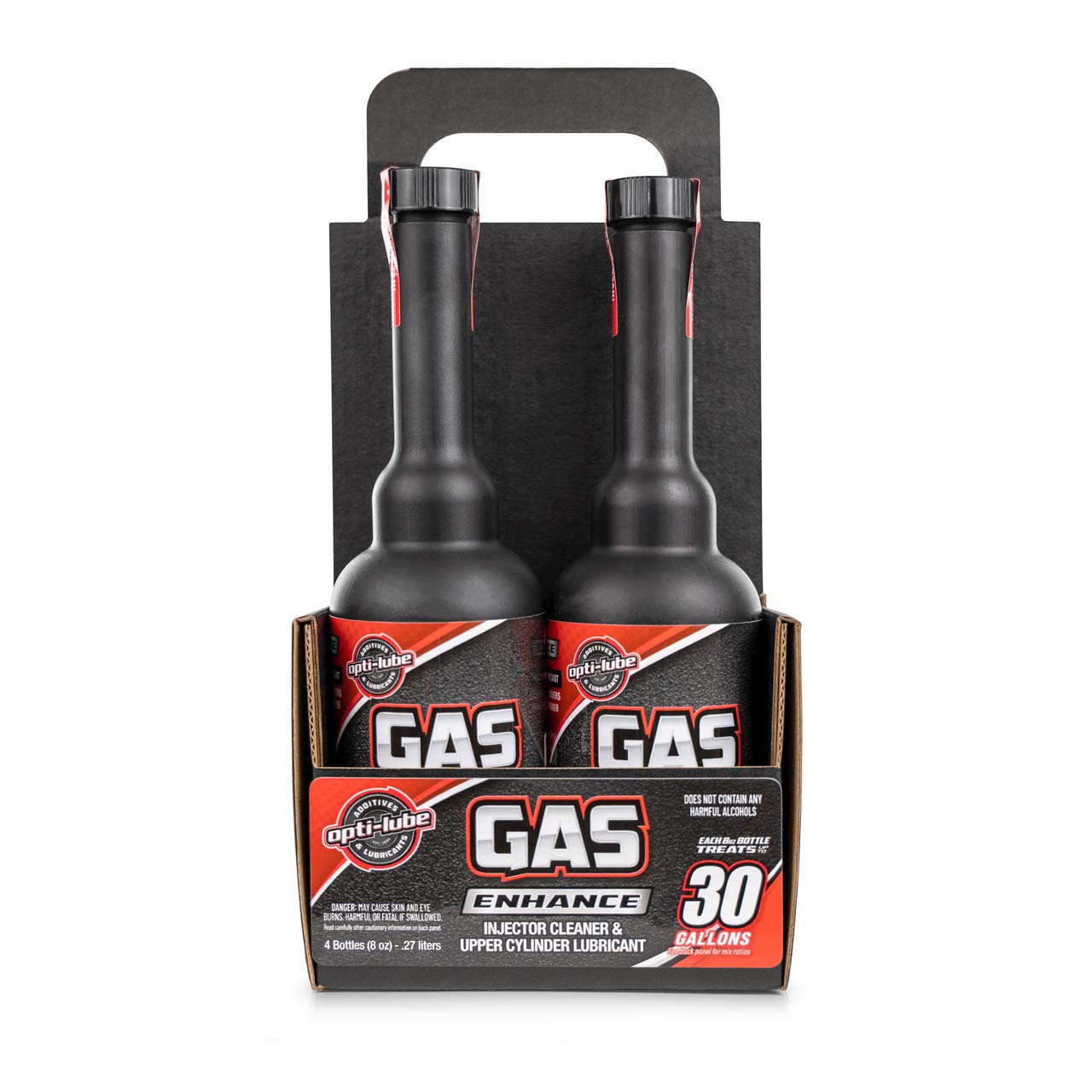

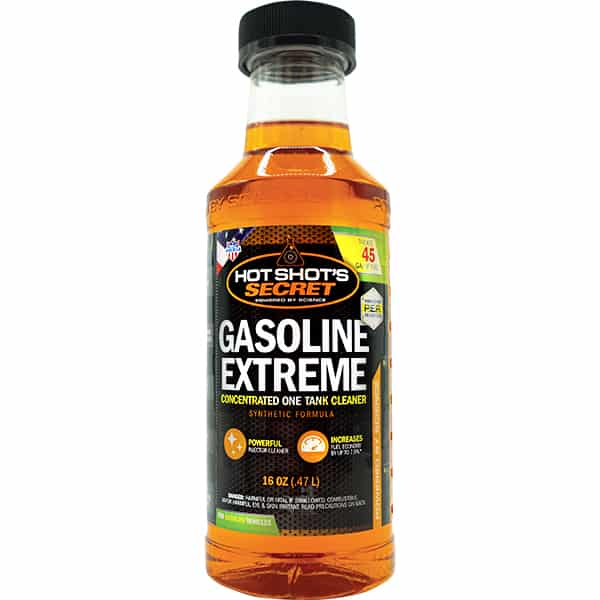
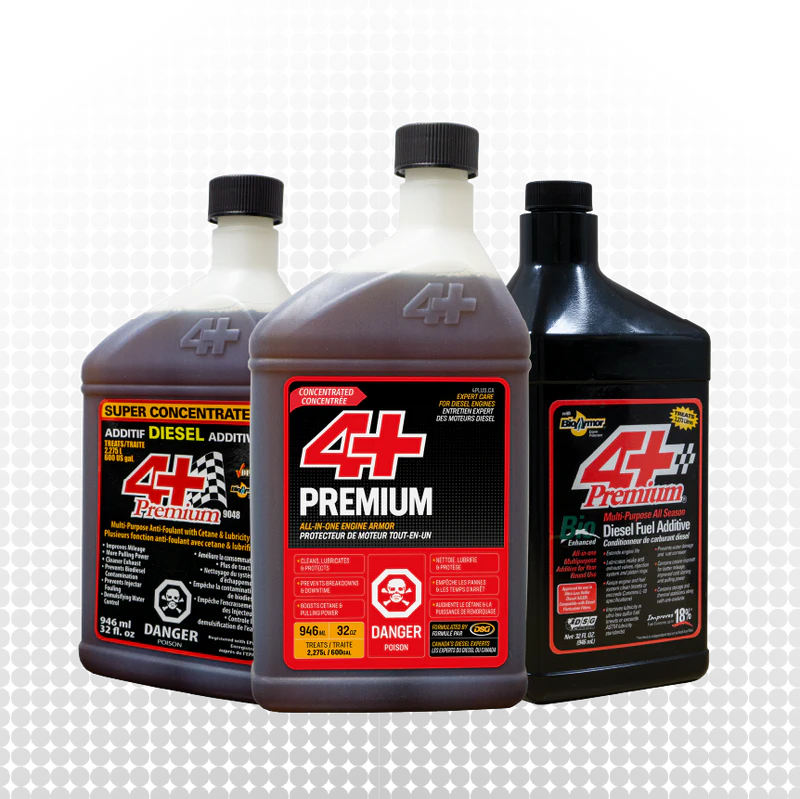

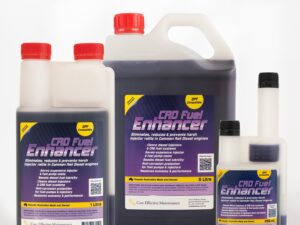
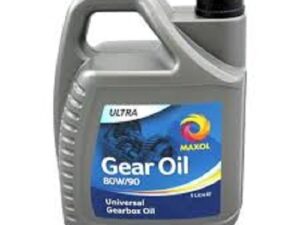
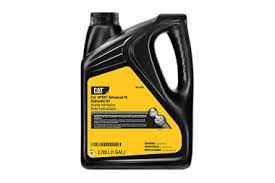
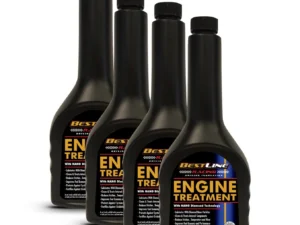
Reviews
There are no reviews yet.